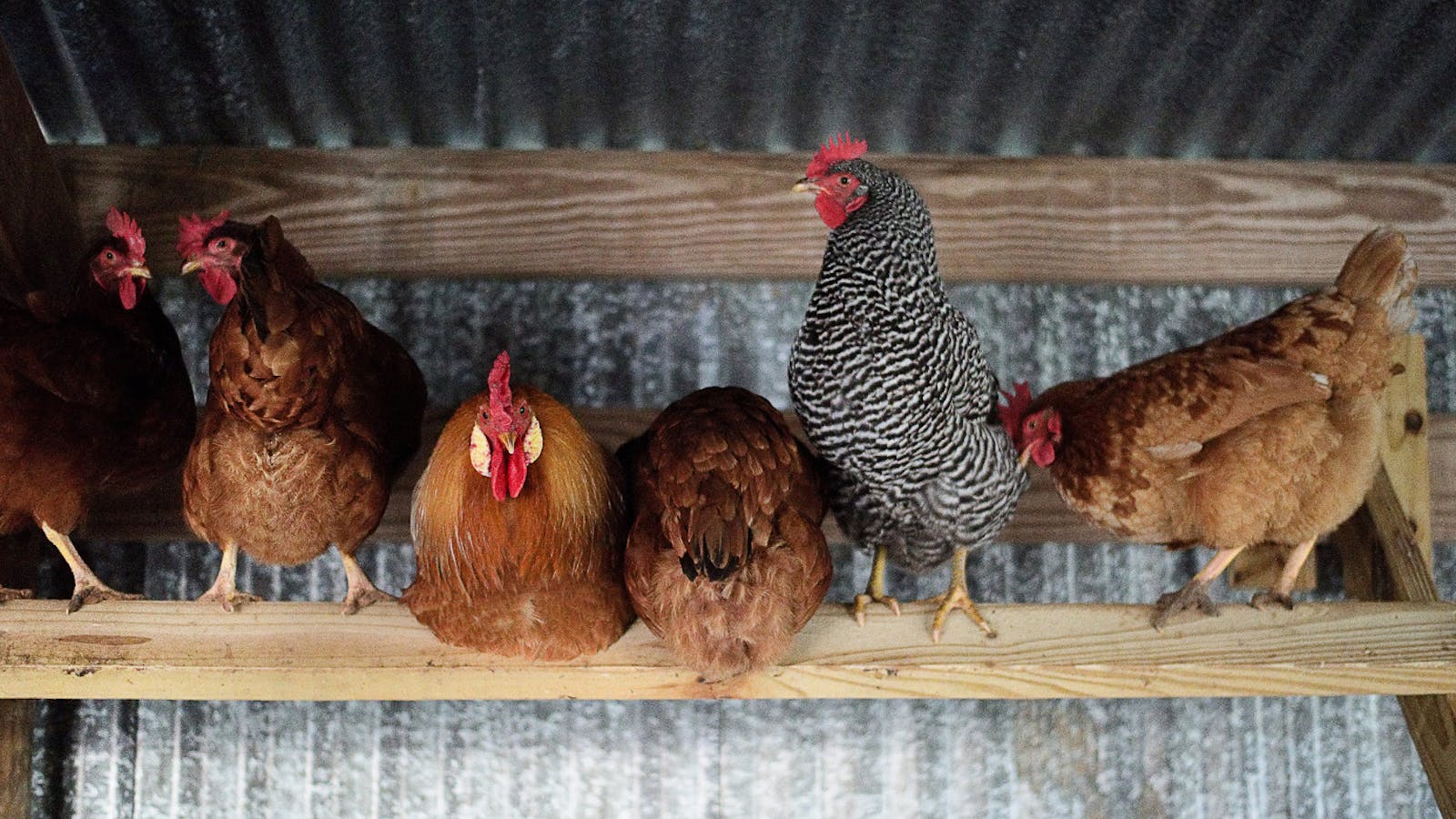Outbreak of the Bird Flu
Avian Influenza (the bird flu) has been a hot topic in the news recently, with strands hitting farms all across the United States. The bird flu is a highly contagious disease that can affect domestic birds and wildfowl; the disease is transmitted by the infected birds’ feces, saliva, or nasal secretions. The bird flu can be transmitted from birds to humans, but the possibility of that is extremely slim and the cases are rare.
If you watch the news, you may have seen recently that the bird flu hit a poultry flock in Jefferson county. This was the first case of the bird flu reported in Wisconsin since 2015, and it left a damaging impact. As you may have seen as well, the affected farm had three million chickens, and unfortunately, all of the birds had to be culled. The reason behind this is public safety; sick birds nor their eggs can be allowed into the food supply for obvious health reasons towards humans, leaving no other option. In addition, as mentioned, this disease is extremely contagious in birds; culling the infected birds is the only way to ensure it doesn’t get transmitted to even more poultry.

Another concern is how you dispose of so many birds. The birds get composted in a mixture of sawdust and other woody materials, and enclosed in more than a foot of carbon material which will harden into a protective barrier as the inside of the pile warms up, to ensure there is no water leakage from the pile. The field in which the birds are composted has to meet strict regulations about the location in regards to wells and other bodies of water.
The impact? For the consumers, food prices are already on the rise, but you may see an even slighter raise in chicken and egg prices. Eggs may be harder to find in stores for a little while as well. For the farmers, the impact is much more detrimental, mentally and financially. The United States Department of Agriculture has a compensation process for those farmers affected by the bird flu which covers the cost of depopulation and cleanup efforts. In addition, the farmer may get compensated for some lost production costs from the loss of birds and eggs, but it’s not guaranteed, leaving a very high financial loss for the farmer. The whole situation is extremely mentally taxing for those involved as well, having to go through this process with no alternative options.
One Comment
Samantha Kesich
I haven’t heard about this but am glad I was able to be informed about this. I have noticed that there haven’t been many cartons of eggs in Whitewater for some time now and have been wondering why.